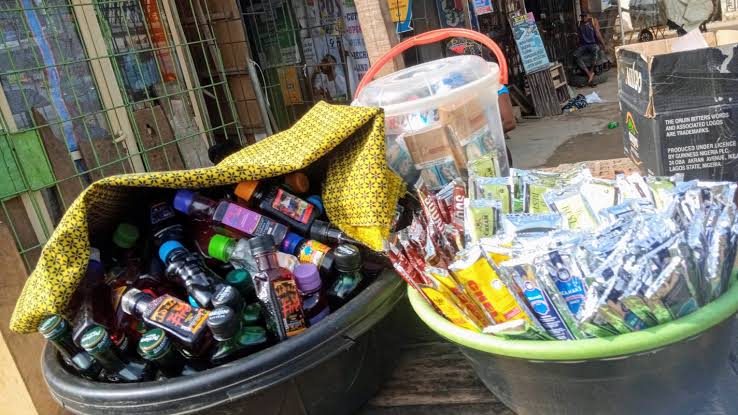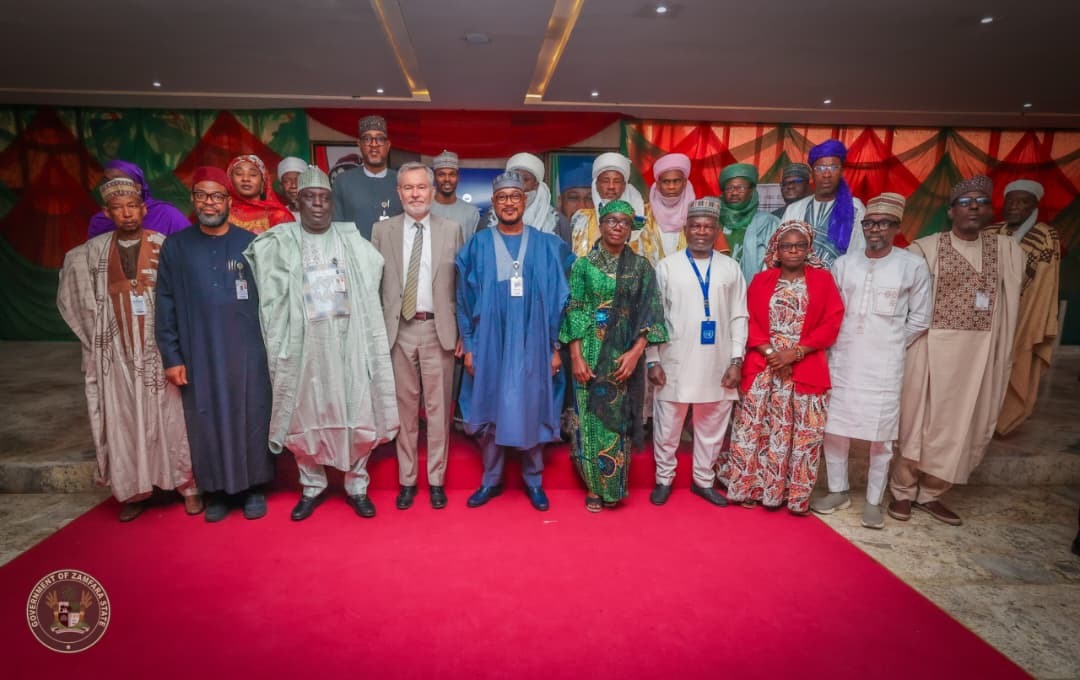 A Hematologist and a Clinical researcher, Dr. Anthony Nduka Kokelu has called on the Nigerian government to strengthen policies for the early detection and treatment of chronic myeloid leukemia (CML), citing concerns over survival rates and access to modern therapies. Speaking to newsmen in Lagos, he emphasised the urgent need for government intervention in ensuring that more patients receive life-saving treatment.
A Hematologist and a Clinical researcher, Dr. Anthony Nduka Kokelu has called on the Nigerian government to strengthen policies for the early detection and treatment of chronic myeloid leukemia (CML), citing concerns over survival rates and access to modern therapies. Speaking to newsmen in Lagos, he emphasised the urgent need for government intervention in ensuring that more patients receive life-saving treatment.
Dr. Kokelu, a Senior Registrar in Hematology department at the University of Calabar Teaching Hospital, highlighted findings from his research, which examined the demographics and overall survival patterns of CML patients in a tertiary hospital in South-South Nigeria. His study, conducted over an eight-year period, revealed that many patients still struggle to access optimal treatment.
“Our research showed that while tyrosine kinase inhibitors (TKIs) have revolutionised CML treatment globally, many Nigerian patients cannot afford or access them,” Dr. Kokelu stated. “Without intervention, survival outcomes will continue to be poor.”
He stressed that while CML is manageable in its chronic phase, delayed or inadequate treatment allows it to progress to the accelerated and blastic phases, significantly reducing life expectancy. His study found that 16 of the 22 patients reviewed were still alive, but survival rates varied depending on treatment access and disease progression.
“The presence of mutation in two patients highlights the need for advanced diagnostic capabilities,” he explained. “If we don’t improve testing and treatment availability, patients will continue to face dire outcomes.”
Dr. Kokelu urged the government to subsidise TKIs and invest in local drug production to reduce costs. He also recommended strengthening partnerships with international pharmaceutical companies and donor agencies to expand treatment access.
“Many patients abandon treatment due to financial constraints,” he said. “A subsidy program or insurance coverage for leukemia patients could significantly improve adherence to medication and survival outcomes.”
The Clinical researcher further called for the establishment of specialised cancer treatment centers across the country, noting that many patients travel long distances to access care. He emphasised the need for regional cancer centers equipped with modern diagnostic tools.
“If we decentralise care, patients in remote areas will receive early diagnoses and timely intervention,” he noted. “Early detection is crucial in managing CML effectively.”
Dr. Kokelu also advocated for increased awareness campaigns to educate the public and healthcare professionals about the early symptoms of CML, which include fatigue, weight loss, and an enlarged spleen. He urged the government to integrate leukemia screening into routine health checkups.
“Most people don’t seek medical attention until the disease has progressed,” he said. “With better awareness and early screening programs, we can identify and treat cases much earlier.”
Reflecting on his career, Dr. Kokelu cited his extensive experience in Hematology and Blood Transfusion Medicine, and cancer immunology as the foundation of his advocacy efforts. He has attended numerous national and international hematology conferences and has been involved in various Clinical research projects focused on blood disorders.
His latest study, ‘Demographics and Overall Survival Pattern of Chronic Myeloid Leukemia in a Tertiary Hospital in South-South Nigeria,’ underscores the importance of data-driven policy changes. He hopes the government will take his findings into account when formulating healthcare strategies.
“I strongly believe that with the right policies, increased funding, and strategic partnerships, we can improve leukemia treatment in Nigeria,” Dr. Kokelu concluded. “Every patient deserves a fighting chance.”






